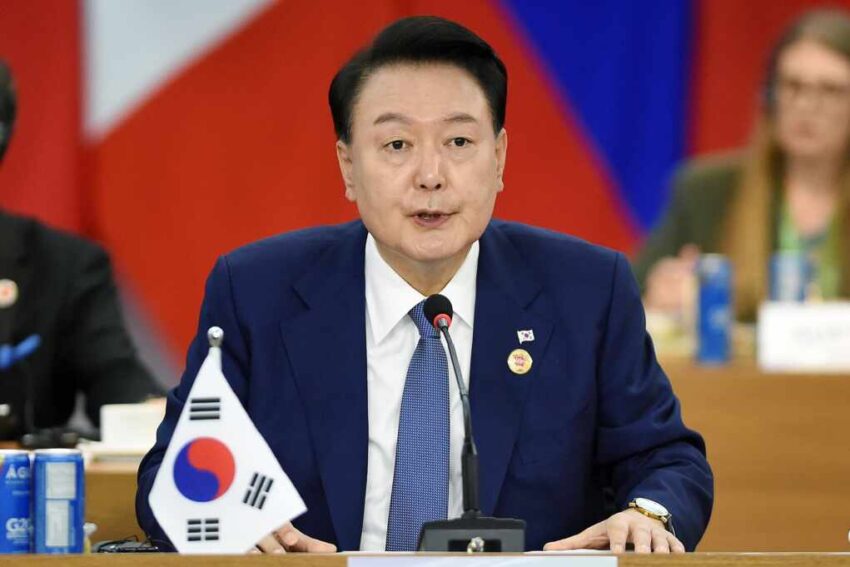Yoon Suk Yeol, South Korea’s disgraced former president, faces a new indictment, intensifying fears of democratic backsliding amid his controversial fall from power.
At a Glance
- Former President Yoon indicted for abuse of power, rebellion, and document fabrication.
- Yoon’s 2024 martial law declaration triggered impeachment and removal.
- Ongoing investigations threaten South Korea’s fragile democratic stability.
- Special counsel alleges gross constitutional violations by Yoon.
- Potential reforms could reshape executive powers in South Korea.
The Strongman Collapse
South Korea was jolted on December 3, 2024, when then-President Yoon Suk Yeol declared martial law, citing threats from so-called “anti-state forces” and political gridlock. The bold, unilateral move—executed without the full Cabinet’s consent—sparked an immediate constitutional crisis. The opposition-led National Assembly swiftly overturned the decree, and Yoon was impeached and removed from office in a historic repudiation of executive overreach.
The scandal deepened when investigators uncovered fabricated and destroyed documents intended to retroactively justify the martial law decision. These revelations echoed dark chapters of South Korea’s authoritarian past, unsettling a nation that has spent decades fortifying its democratic institutions.
Watch a report: Yoon Suk Yeol Indicted for Rebellion and Abuse of Power – Arirang News
Legal Reckoning and Defiance
On July 19, 2025, Yoon was indicted for the third time, this round on charges of abuse of authority, rebellion, and document falsification. Appointed by President Lee Jae Myung, independent counsel Cho Eun-suk is spearheading the investigation. Yet Yoon, now detained, continues to resist interrogation, casting a shadow over the judicial process and raising national anxiety about transparency and accountability.
The special counsel’s findings suggest a deliberate conspiracy to bypass democratic norms, strip Cabinet members of their rights, and manipulate records for political expediency. The weight of these allegations could result in a landmark trial, positioning South Korea’s judiciary as the final bulwark against authoritarian impulses in the modern era.
A Precedent in the Making
Yoon’s precipitous fall has thrown South Korea’s political system into flux. The shockwaves have deepened polarization, with conservatives decrying a political witch hunt while reformists demand sweeping constitutional amendments to curb presidential power. Debates rage over the scope of executive authority and the robustness of emergency powers, signaling that legislative changes may be on the horizon.
This watershed moment presents South Korea with an inflection point: either reinforce the rule of law through institutional reform or risk future abuses under the guise of national security. The outcome of Yoon’s legal battles will likely define the contours of presidential power and democratic resilience for years to come.
Click this link for the original source of this article.
Author: Editor
This content is courtesy of, and owned and copyrighted by, https://deepstatetribunal.com and its author. This content is made available by use of the public RSS feed offered by the host site and is used for educational purposes only. If you are the author or represent the host site and would like this content removed now and in the future, please contact USSANews.com using the email address in the Contact page found in the website menu.








